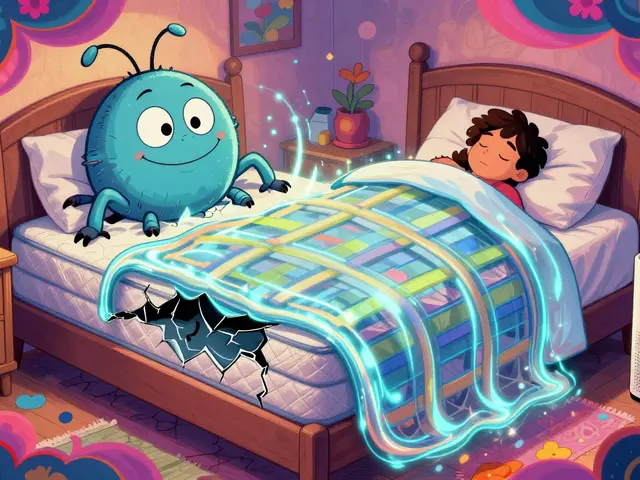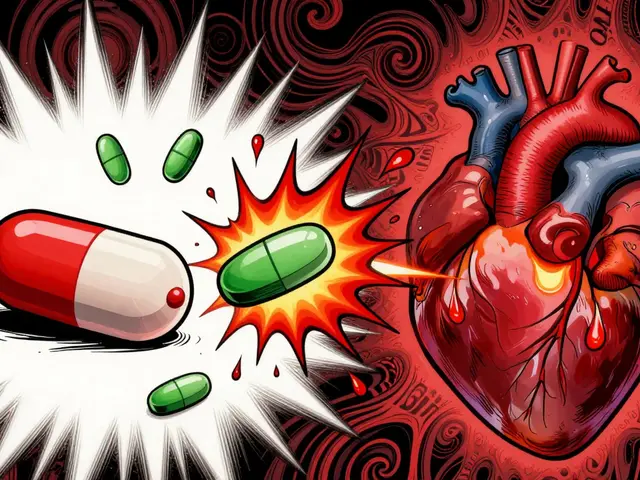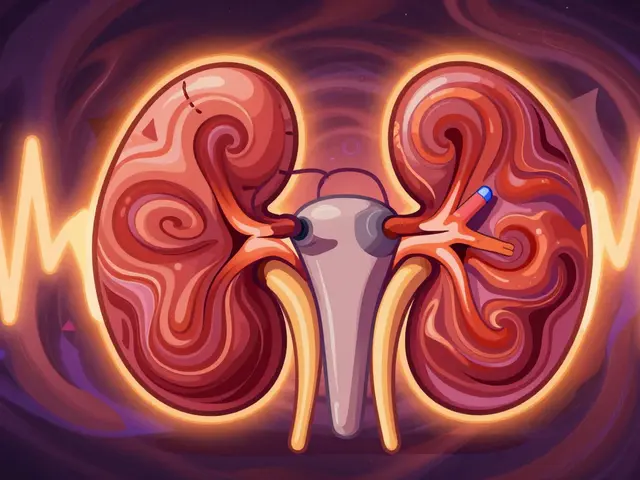
Antipruritic Guide: Quick Relief for Itchy Skin
Itching can ruin a day in seconds. Whether it’s an allergy flare, dry skin, or a bug bite, knowing how to stop the itch fast makes a huge difference. That’s where antipruritics come in – they’re the medicines or creams that calm the itch signal and let you get back to normal life.
What is an Antipruritic?
An antipruritic is any product that reduces or blocks the sensation of itch. They work in a few ways: some numb the nerve endings, others fight inflammation, and a few stop the chemicals that trigger itching. Common forms include topical creams, oral antihistamines, and prescription patches.
Topical options are great for localized itch, like a rash or a mosquito bite. Look for ingredients like menthol, camphor, pramoxine, or hydrocortisone. Oral antihistamines such as cetirizine or diphenhydramine help when the itch comes from an allergy or hay fever. If you have chronic conditions like eczema, a doctor might prescribe stronger steroid creams or newer drugs that target specific itch pathways.
Choosing the Right Antipruritic
Start with the cause. If your skin feels dry, a simple moisturiser with ceramides can be enough – it restores the skin barrier and stops the itch cycle. For allergic reactions, an oral antihistamine taken once a day works well. When you need quick, spot‑on relief, a menthol‑based cream cools the area and distracts the nerves.
Read the label for age limits and dosage. Most over‑the‑counter creams are safe for adults and children over two, but oral antihistamines often have age restrictions. If you’re pregnant, nursing, or on other meds, check with a pharmacist before mixing anything.
Watch out for side effects. Some creams can cause skin thinning if used too often, and antihistamines may make you drowsy. If you notice redness, swelling, or a rash that gets worse after using a product, stop it and see a professional.
When to see a doctor? If the itch lasts more than two weeks, spreads rapidly, or is accompanied by fever, swelling, or blisters, get medical advice. Persistent itch can be a sign of an underlying condition like psoriasis, liver disease, or a nerve problem that needs targeted treatment.
Quick tips for everyday itch control:
- Keep skin moisturised – apply a fragrance‑free lotion right after showering.
- Avoid hot showers; warm water is gentler on nerves.
- Wear soft, breathable fabrics like cotton to reduce irritation.
- Stay hydrated – good hydration helps skin stay supple.
- Use a cool compress on itchy spots for a short, soothing break.
Remember, the best antipruritic is the one that fits your specific itch trigger. Start simple, follow the instructions, and don’t hesitate to ask a pharmacist or doctor if you’re unsure. With the right approach, you can keep itching under control and get back to enjoying your day.
-
5 Sep






